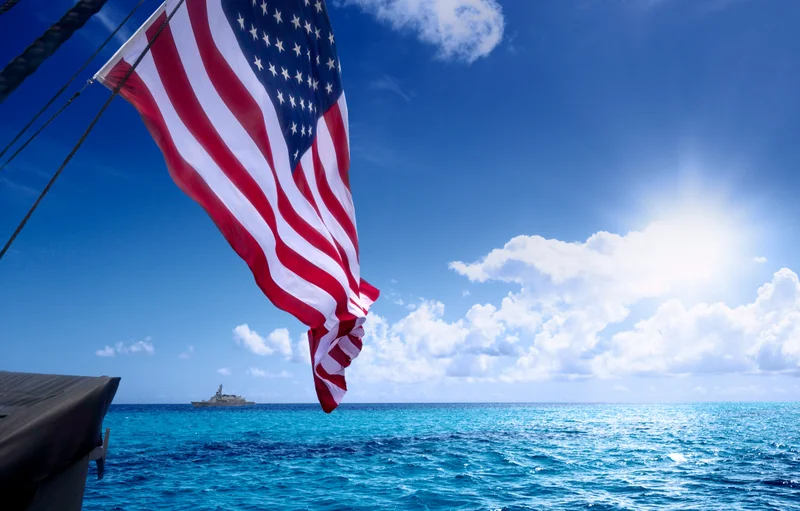U.S. Naval Institute
The U.S. Naval Institute provides an independent forum for those who seek to advance and strengthen the naval profession.
History, Definition, and Goals
The U.S. Naval Institute (USNI), founded in 1873 by a group of naval officers, serves as an independent, non-profit, non-partisan forum for debate and discussion concerning national defense and global security. Its primary mission is to provide an open platform for those interested in maritime and defense issues to read, think, speak, and write about the advancement of professional, literary, and scientific knowledge in the sea services (U.S. Navy, Marine Corps, and Coast Guard) and other matters critical to global security. USNI aims to foster critical thinking, encourage debate, and preserve naval history.
Core Functions and Offerings
The U.S. Naval Institute fulfills its mission through several core activities:
- Publishing:
- Magazines: USNI publishes two flagship magazines:
- Proceedings: A monthly journal offering analysis, debate, and articles on current naval and defense matters, written by active-duty personnel, veterans, analysts, and leaders.
- Naval History: A bi-monthly magazine dedicated to preserving and exploring maritime history worldwide.
- Books: The Naval Institute Press is a respected publisher of books on naval history, military strategy, biographies, and professional development guides for military personnel.
- Magazines: USNI publishes two flagship magazines:
- Conferences and Events: USNI hosts conferences, seminars, and events featuring high-profile speakers and panel discussions on critical defense and security topics, facilitating dialogue and networking among professionals.
- Online Content: The website (usni.org) serves as a digital hub, providing news, articles, historical archives, and information about its publications and events.
- Membership: USNI operates as a membership organization, offering benefits such as magazine subscriptions, discounts on books and events, and access to online archives.
Distinctive Features
- Independent Forum: A key characteristic is USNI's independence from official government control, allowing it to publish diverse, sometimes controversial, viewpoints essential for robust professional debate within the military and defense community.
- Historical Archives: The Institute maintains extensive archives, including decades of Proceedings and Naval History issues, offering invaluable resources for researchers, historians, and enthusiasts.
- Naval Institute Press: Its book publishing arm is a significant feature, contributing substantially to the body of literature on naval and military subjects.
User Advantages
The primary advantages for users engaging with USNI include:
- Access to credible, timely, and in-depth analysis on naval and defense issues.
- A unique platform for professional development and staying informed about current debates and historical perspectives within the sea services.
- Opportunities to contribute to the professional discourse through writing or participation in discussions.
- Access to a rich repository of naval history and professional knowledge.
Social Media Presence
USNI maintains an active presence on several social media platforms:
- Facebook: https://www.facebook.com/NavalInstitute
- Twitter: https://twitter.com/NavalInstitute
- LinkedIn: https://www.linkedin.com/company/us-naval-institute/?_l=en_US
- YouTube: https://www.youtube.com/user/USNavalInstitute
- Instagram: https://www.instagram.com/navalinstitute/
Summary Statement
The U.S. Naval Institute is a long-standing, independent organization dedicated to fostering intellectual debate and advancing knowledge related to the sea services and global security. Through its respected publications (Proceedings, Naval History, Naval Institute Press books), conferences, and online platform, USNI provides essential resources and a vital forum for military professionals, policymakers, historians, and the interested public to engage with critical defense and maritime issues. Its independence ensures a space for open dialogue and diverse perspectives, contributing significantly to the professional development and informed discussion within the naval and broader defense communities.



